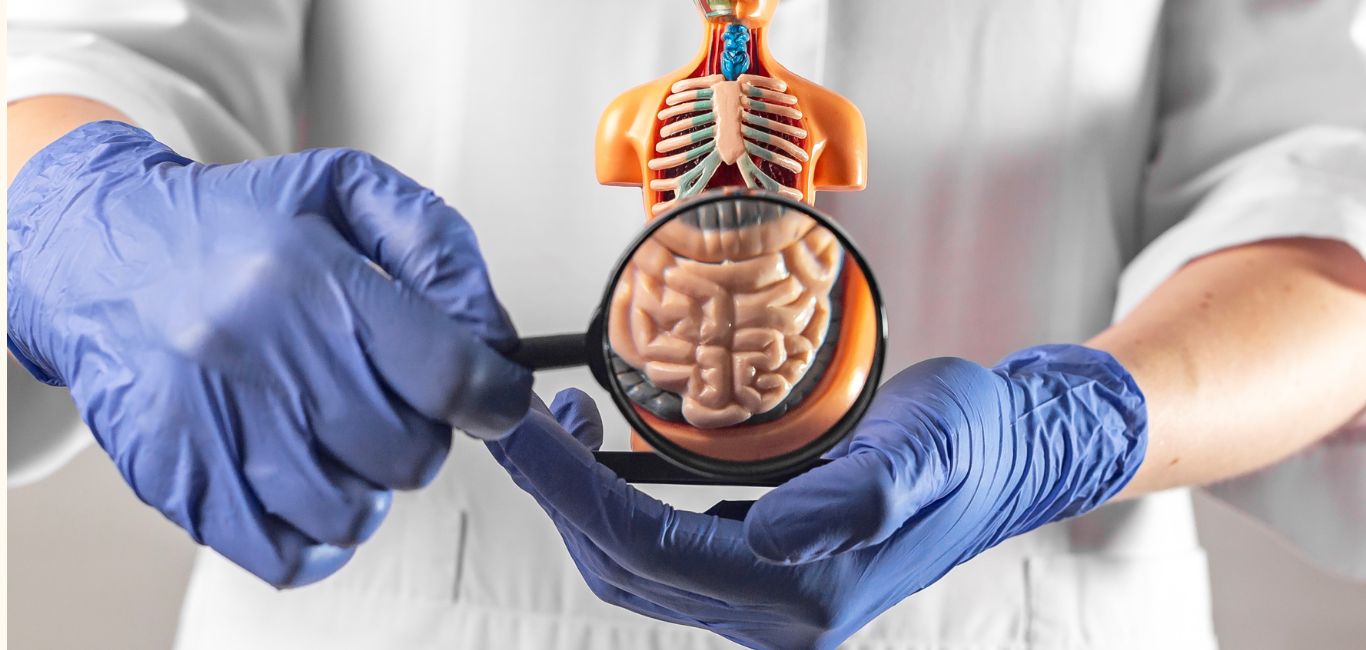
Ulcerative colitis (UC) can be a debilitating gut condition for some, while for others the symptoms can be managed effectively. The treatment for UC can depend on the part of the intestine that is affected.
“The symptoms and severity can vary widely among individuals, and sometimes the classification of UC can change over time as the disease progresses or responds to treatment,” says Dr Pavan Dhoble, a consultant gastroenterologist at P D Hinduja Hospital and Medical Research Centre, Mumbai.
UC comes under the umbrella of inflammatory bowel disease (IBD) and are characterised by chronic inflammation of the gut. “Ulcerative colitis causes inflammation and ulcers to the lining of the colon and rectum,” says Dr Dhoble.
It is vital to communicate openly with healthcare providers about symptoms, says Dr Dhoble. Moreover, timely medical care and proactive management can help in better controlling UC symptoms, preventing flare-ups, and improving overall quality of life, he adds.
Types of ulcerative colitis:
According to Dr Dhoble the different forms of UC are based on the location and extent of the inflammation within the colon.
- Ulcerative proctitis: This form of UC affects only the rectum, the lower part of the colon. Symptoms often include rectal bleeding, urgency, and tenesmus (the feeling of needing to pass stools even when the bowel is empty).
- Proctosigmoiditis: In this form, inflammation extends beyond the rectum and involves the sigmoid colon (the S-shaped part just above the rectum). Symptoms may include bloody diarrhoea, abdominal cramps, and a frequent urge to empty the bowels.
- Left-sided or distal colitis: This type of UC involves the left side of the colon, including the sigmoid colon and descending colon. Symptoms may include bloody diarrhoea, abdominal pain on the left side, and weight loss.
- Pancolitis: This is the most extensive form of UC, affecting the entire colon. Symptoms can be severe and may include bloody diarrhoea, severe abdominal pain, fatigue, weight loss, and fever.
Treating UC
The treatment approaches for the different subtypes of UC are often similar, says Dr Dhoble.
The focus is on inducing and maintaining remission, managing symptoms, and preventing complications regardless of the subtype, he adds.
“Topical therapies include medication that is given through suppositories or rectal enemas to target the inflammation in the rectum,” says Dr Dhoble.
Aminosalicylates, corticosteroids, immunomodulators, or biologic therapies might be prescribed for more extensive inflammation that cannot be controlled with topical therapies, he adds.
In the case of pancolitis, the most severe form of the condition, hospitalisation may be required to control symptoms and prevent complications.
“In all forms of UC, the treatment plan is personalised based on the individual’s symptoms, disease severity, response to previous treatments, and overall health”, says Dr Dhoble.
Medicines and diets to avoid
NSAIDs or non-steroidal anti-inflammatory medication should be used sparingly in people with UC as studies show that it can cause a flare-up of the condition.
Dr Dhoble says it is paramount that affected individuals work closely with their healthcare providers to develop a treatment plan that suits their specific needs.
Through lifestyle modifications, dietary changes, and regular monitoring one can manage UC.
A healthy diet filled with fresh food has been found to be excellent for people with UC, says Dr Vineet Ahuja, a gastroenterologist at the All-India Institute of Medical Sciences (AIIMS), Delhi.
“We encourage people not to eat too much of processed or packaged food and to have a lot of fresh fruits and vegetables,” he says. Non-vegetarians are advised not to eat red meat, he adds.
However, Dr Ahuja says, since UC affects everyone differently, there is no one diet that will suit everyone.
Key takeaways:
- Consulting a healthcare professional is advisable for anyone experiencing symptoms related to UC, especially if these symptoms are persistent, severe, or affecting daily life.
- If you experience symptoms like persistent diarrhoea, abdominal pain, rectal bleeding, urgency to have bowel movements, or unexplained weight loss, it is essential to consult a healthcare professional for an evaluation.
- If you have been diagnosed with UC and notice a significant change in your symptoms, such as increased frequency of bowel movements, worsening abdominal pain, or increased bleeding, inform your healthcare provider.
- Symptoms that persist for more than a few days without improvement despite over-the-counter treatments or lifestyle modifications should prompt a consultation with a doctor.
- Symptoms such as severe abdominal pain, high fever, persistent vomiting, significant dehydration, or signs of anaemia (pale skin, weakness, fatigue) require immediate medical attention.
- Regular check-ups and follow-ups with a gastroenterologist or healthcare provider are essential to monitor the progression of the condition, adjusting treatment plans, and preventing complications.

















